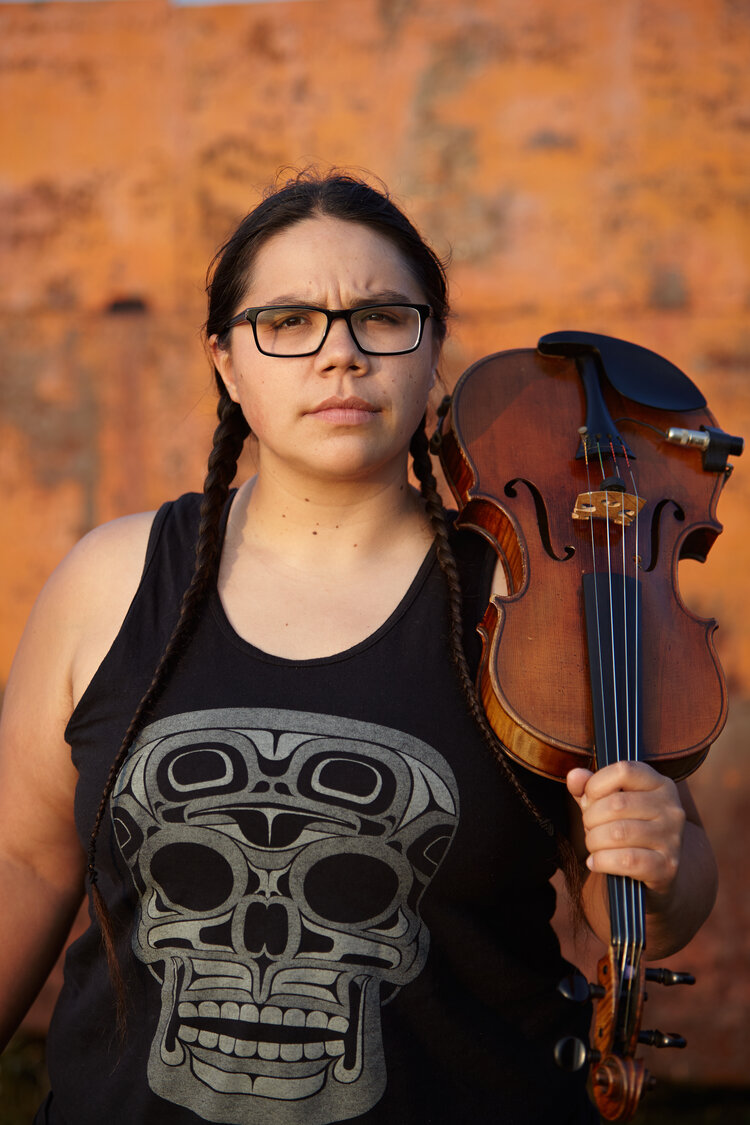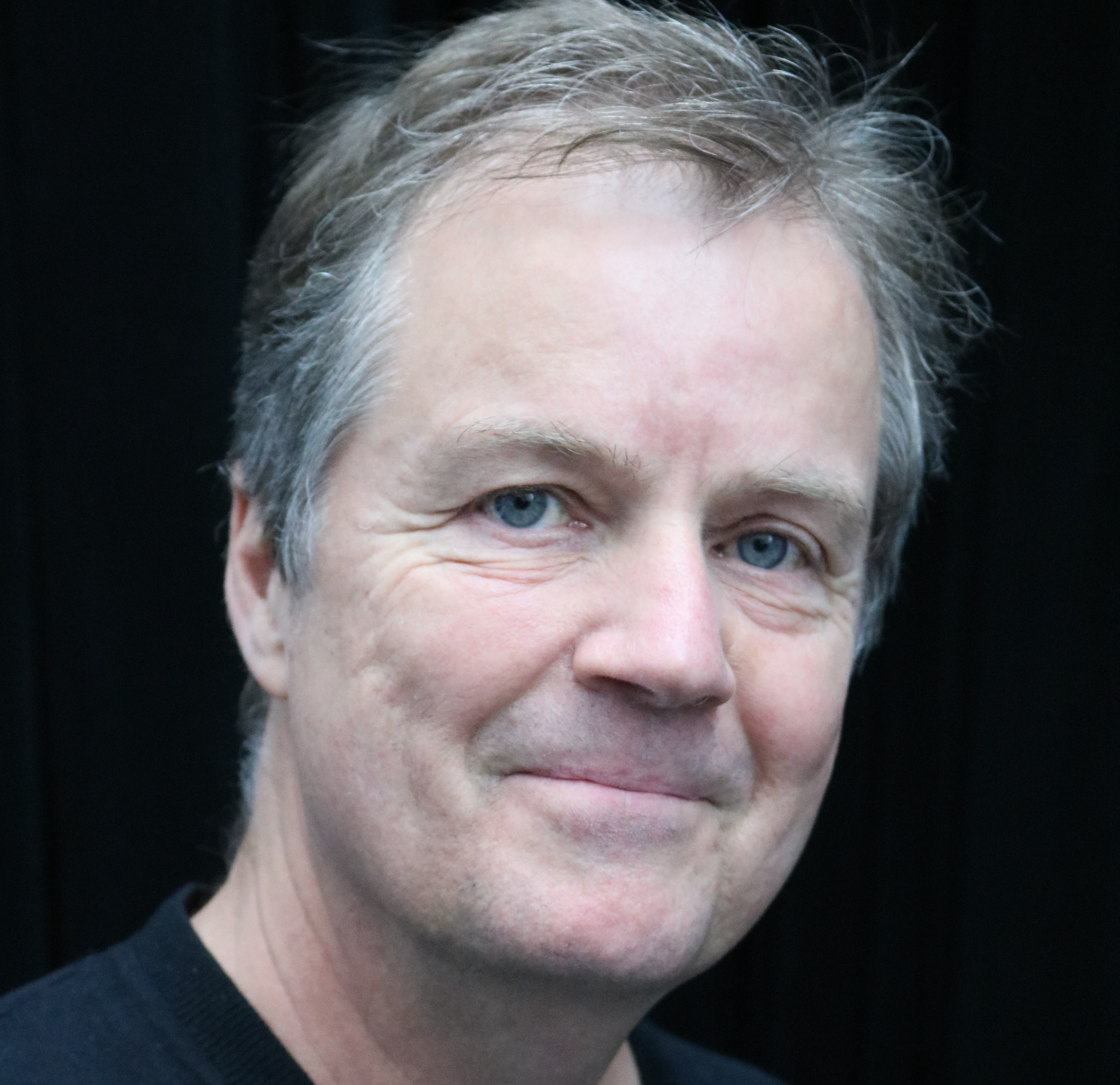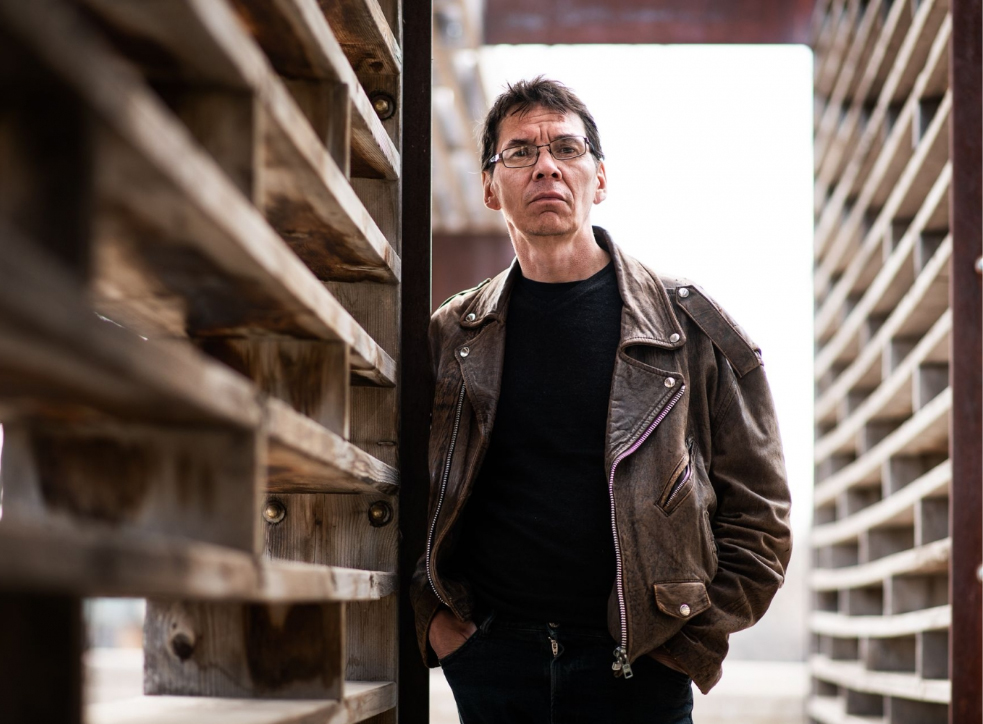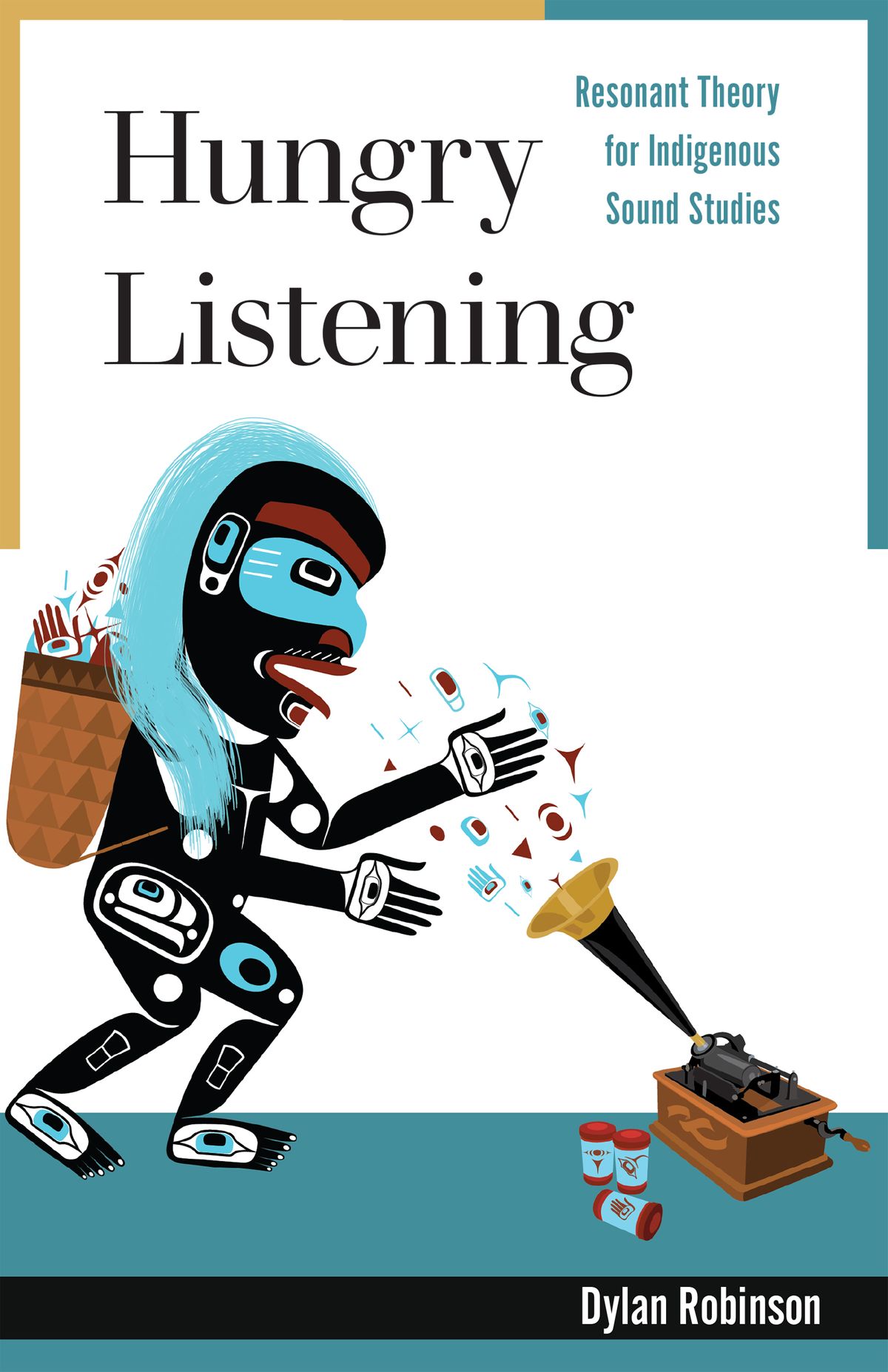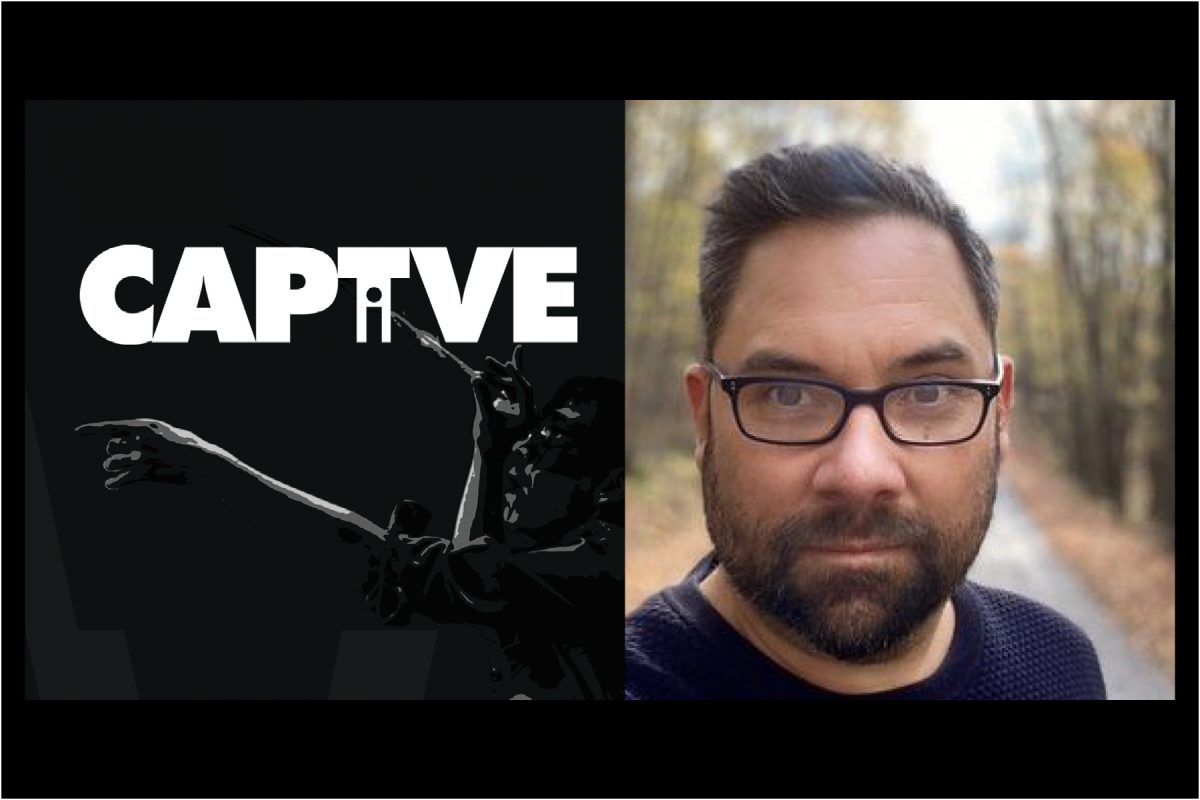
Music theory takes the stage with free events for the public
While the halls of the Desautels Faculty of Music are certainly quieter now that winter term is done, there are still great things happening here!
On May 5 and 6, 2023, the Desautels Faculty of Music (DFOM) will welcome over 60 music theorists as it hosts the thirty-fourth annual Music Theory Midwest conference on the University of Manitoba campus, marking only the second time in the society’s history that the conference has been held in Canada.
Music Theory Midwest is a regional society of the Society for Music Theory. Though it was originally chartered to serve sixteen midwestern states, it has expanded to include Western Ontario and Manitoba, and serves over one hundred members across the United States and Canada.
While the Music Theory Midwest conference will feature over thirty presentations and sessions exclusively for registered attendees, conference hosts and DFOM faculty members Dr. David Byrne and Dr. Rebecca Simpson-Litke are pleased to announce that two events of interest will be free and open to the public: a performance of Andrew Balfour’s Captive (sponsored by the U of M Indigenous Initiatives Fund), and a keynote discussion with prize-winning author and music researcher Dr. Dylan Robinson.
Andrew Balfour’s Captive
Date and Time: Saturday, May 6, 2023, 3:00pm
Location: Eva Clare Hall, University of Manitoba Fort Garry Campus, 65 Dafoe Rd.
Cree-Manitoban composer Andrew Balfour’s Captive was written as the third of his Truth and Reconciliation concerts. The work laments the unjust incarceration and passing of Chief Poundmaker in the days of the Riel Rebellion, to “acknowledge and honour the pain, sorrow and beauty of the experience of Indigenous Peoples in Canada.”
The six-movement piece combines Cree and English text sung by Winnipeg-based choral ensemble Dead of Winter, conducted by DFOM faculty member Mel Braun, with improvised soundscapes and interludes by Anishinaabe violist and DFOM faculty member Melody McKiver. Captive premiered in Winnipeg in 2022; full details of the piece and its origins can be found on the Dead of Winter website.
All are welcome to come experience this powerful piece of Indigenous storytelling.
Settler Colonialism as Musical Structure, with Dr. Dylan Robinson
Date and Time: Saturday, May 6, 3:45pm
Location: Robert B. Schultz Theatre, St. John’s College, University of Manitoba Fort Garry Campus, 92 Dysart Rd.
Dr. Dylan Robinson (University of British Columbia), xwélmexw (Stó:lō/Skwah) artist, curator, and author of the award-winning book Hungry Listening: Resonant Theory for Indigenous Sound Studies (University of Minnesota Press, 2020), will present a keynote discussion entitled “Settler Colonialism as Musical Structure.” Dr. Robinson’s book is the recipient of numerous accolades and awards, including the Wallace Berry Award from the Society for Music Theory, the Best First Book Award from the Native American and Indigenous Studies Association, the Labriola Center American Indian National Book Award, the Ann Saddlemyer Award from the Canadian Association for Theatre Research, and the Royal Musical Association/Cambridge University Press Monograph Prize .
In this keynote discussion (with Q&A led by Sumanth Gopinath, University of Minnesota), Dr. Robinson uses a quote by historian Patrick Wolfe as a point of departure for understanding settler colonialism and how it might relate to musical structure:
“While Patrick Wolfe’s statement ‘settler colonizers come to stay: invasion is a structure not an event’ is ubiquitous in the study of settler colonialism, the quotation has often tended to be understood as emphasizing the continuance of invasion as one structure of settler colonialism. Far less attention, however, has been given to the way Wolfe’s statement might allow us to define new forms of structural analysis more generally. How might we identify the fundamental structures of invasion (among other structures of settler colonialism) and consequently apply this knowledge to decolonial analysis? This keynote outlines several structures of settler colonialism in order to question how music analysis might allow us to better hear settler colonialism’s musical manifestations. By doing so, we move away from understanding settler colonialism as merely a musical event (narrative, history, description), and toward un-hinging settler colonialism from its own representational regime.”
We hope you will join us for these events.








